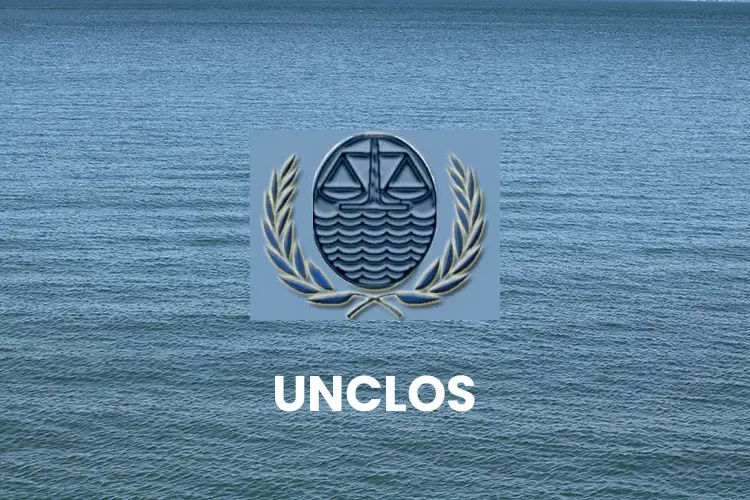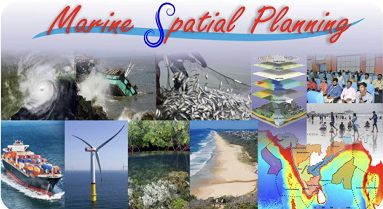

Effective marine policy and governance are crucial for the sustainable management and protection of marine ecosystems. Policies and regulations guide human activities, ensure compliance with environmental standards, and promote international cooperation. Good governance helps balance economic interests with ecological preservation, addressing challenges such as overfishing, pollution, and habitat destruction.
UNCLOS provides a comprehensive legal framework for the use and conservation of the world's oceans and their resources. It establishes guidelines for maritime boundaries, the rights and responsibilities of nations, and the protection of marine environments.

The CBD aims to conserve biodiversity, promote sustainable use of its components, and ensure fair sharing of benefits arising from genetic resources. It includes specific provisions for marine and coastal biodiversity.

Many countries have developed national marine policy frameworks that outline strategies for managing marine resources and addressing regional issues. These policies often include measures for conservation, sustainable fisheries, and pollution control.
MSP is a process that organizes the spatial and temporal distribution of human activities in marine areas to achieve ecological, economic, and social objectives. It helps reduce conflicts between different uses and protects critical marine habitats.

Ensuring compliance with marine regulations can be challenging due to limited resources and monitoring capabilities. Strengthening enforcement mechanisms, increasing transparency, and enhancing international cooperation are essential for effective governance.

Engaging various stakeholders, including local communities, industry, and non-governmental organizations, is crucial for effective marine policy. Collaborative approaches ensure that diverse perspectives are considered and that policies address the needs and concerns of all parties.